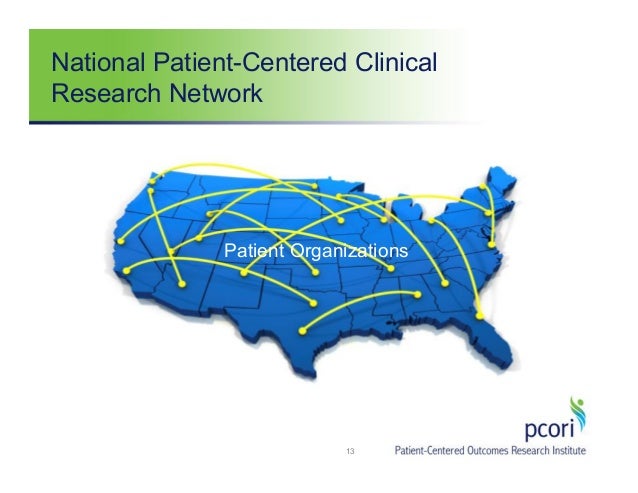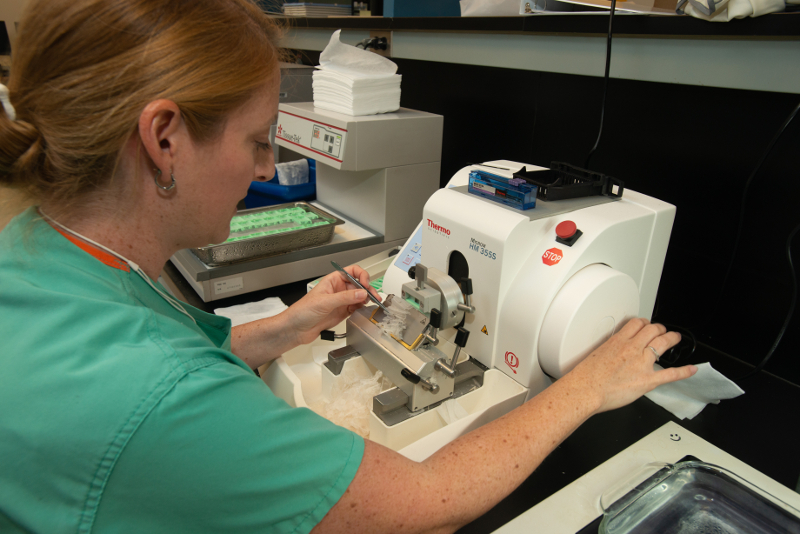
What influences patients to use patient portals?
Patient Portals and Patient Engagement: A State of the Science Review Current research has demonstrated that patients' interest and ability to use patient portals is strongly influenced by personal factors such age, ethnicity, education level, health literacy, health status, and role as a caregiver.
What is the difference between a patient portal and a PHR?
The ownership of a patient portal distinguishes it from a personal health record (PHR); while the PHR is owned and managed by the patient, a patient portal is owned and managed by the health care organization. A main advantage of the patient portal is that the data are current, while the data in the PHR are current only when the patient updates it.
Are patient portal users able to interpret lab results accurately?
The portal users could not accurately interpret lab results that indicated level of disease management in diabetes patients. They concluded that health literacy and numeracy skills serve as barriers to full utility of the patient portal.
What features of a patient portal would help organizations meet incentives?
Features of a patient portal would help organizations meet some of the qualifications for the incentives. Specific to this review would be features of the patient portal such as disease management and secure messaging between patient and provider [36].

What types of patient portals are there?
There are two main types of patient portals: a standalone system and an integrated service. Integrated patient portal software functionality usually comes as a part of an EMR system, an EHR system or practice management software. But at their most basic, they're simply web-based tools.
What is the most popular patient portal?
Top 10 Patient Portal Software By EMRSystemsEpic EHR Software's MyChart.athenahealth EMR Software's athenaCommunicator.PrognoCIS EMR Software.Cerner Specialty Practice Management Software.eClinicalWorks EMR Software's Patient Portal and Healow App.Greenway PrimeSUITE EHR Software.NextGen Healthcare EHR Software.More items...•
What are patient portals used for?
A patient portal is a secure online website that gives patients convenient, 24-hour access to personal health information from anywhere with an Internet connection. Using a secure username and password, patients can view health information such as: Recent doctor visits. Discharge summaries.
What are the disadvantages of patient portals?
Even though they should improve communication, there are also disadvantages to patient portals....Table of ContentsGetting Patients to Opt-In.Security Concerns.User Confusion.Alienation and Health Disparities.Extra Work for the Provider.Conclusion.
How common are patient portals?
Nearly 40 percent of individuals nationwide accessed a patient portal in 2020 – this represents a 13 percentage point increase since 2014.
How do you make a patient portal?
Let's find out how to make a patient portal step-by-step.Identify your target audience. ... Follow your patients' priorities. ... Keep patient portal requirements in mind. ... Evaluate the efficiency of the portal. ... Consider data security concerns. ... Find your software development partner.
Which information can be accessed through a patient portal?
The features of patient portals may vary, but typically you can securely view and print portions of your medical record, including recent doctor visits, discharge summaries, medications, immunizations, allergies, and most lab results anytime and from anywhere you have Web access.
What are the benefits and challenges of using patient portals?
What are the Top Pros and Cons of Adopting Patient Portals?Pro: Better communication with chronically ill patients.Con: Healthcare data security concerns.Pro: More complete and accurate patient information.Con: Difficult patient buy-in.Pro: Increased patient ownership of their own care.
Do patients like patient portals?
Eight studies reported that patients or their caregivers want more portal education, training, or support. Two studies found that their participants want human connection as they learn about the portal and how to use it, as well as when they encounter issues.
Why do patients not use patient portals?
The researchers found no demographic differences among nonusers who said that a technology hurdle, lack of internet access or no online medical record was the reason why they did not make use of a patient portal.
Can patient portals be hacked?
Unfortunately, what makes your patient portal valuable for patients is exactly what makes it attractive to cybercriminals. It's a one-stop shop for entire health records, and identity thieves can make a fast buck from stealing this data and selling it on.
What is the most common barrier to the use of the patient portal?
Among nonadopters (n=2828), the most prevalent barrier to patient portal adoption was patient preference for in-person communication (1810/2828, 64.00%) (Table 2). The second most common barrier was no perceived need for the patient portal (1385/2828, 48.97%).
Resources
Your Patient Portal is serviced by See Your Chart. This is our electronic medical record system. Please remember that your oncologist is the very best person with whom to discuss the results you find on See Your Chart, and to answer any questions or concerns.
Welcome to Your Patient Portal
Your Patient Portal is serviced by See Your Chart. This is our electronic medical record system. Please remember that your oncologist is the very best person with whom to discuss the results you find on See Your Chart, and to answer any questions or concerns.
Stephanie Peace
A visit to her dermatologist to check what she thought were simple skin lesions indicated that Stephanie had cancer. Tests later revealed the diagnosis of Stage IV lung cancer. The schoolteacher and mother of three had never smoked. A biomarker test performed by FCS medical oncologist Dr. Syed F. Zafar found a rare genetic mutation.
Emmanuel George
Emmanuel George, of Crawfordville, had received the results of the routine blood work done to monitor his diabetes when his primary care physician referred him to an oncologist, Dr. Scott Tetreault at FCS.
Isabel Owens
Hearing the words “you have cancer” is a heart-stopping, gut-wrenching, breath-arresting moment when time seems to freeze. For the physicians, nurses, technicians, counselors and support staff members in the Florida Cancer Specialists network, dealing with the emotional toll of a cancer diagnosis is as important as treating the cancer itself.
Marissa Lenney
Marissa Lenney and her husband were happily building their life together—pursuing their careers and moving into a new house. They knew that having a child would complete their family. What they didn’t know is that the pregnancy would spur an estrogen and progesterone-fed form of inflammatory breast cancer.
Neil Breitenbach
When champion kart racer, Neil Breitenbach, felt a sharp pain in his chest, he never expected to be diagnosed with stage 3 metastatic breast cancer. From his very first consultation with Florida Cancer Specialists, Neil knew he was in the best place he could be because of FCS’ ongoing advances in breast cancer research.
Peggy Moore
Peggy and Brian Moore first met at her parent’s home when Brian was a Peace Corps volunteer. It took 34 years for fate to bring the couple together in marriage. Since they wed, Peggy has survived breast cancer and now, thanks to Dr. Vikas Malhotra in Hernando County, she is beating the odds and recovering from pancreatic cancer.

Popular Posts:
- 1. oswego health patient portal
- 2. coastal medical patient portal app
- 3. women's healthcare patient portal
- 4. kc bariatric patient portal
- 5. emory portal patient login
- 6. mercy patient portal
- 7. my care patient portal login
- 8. barrington orthopedic patient portal
- 9. mybmh.org patient portal
- 10. patient portal camc